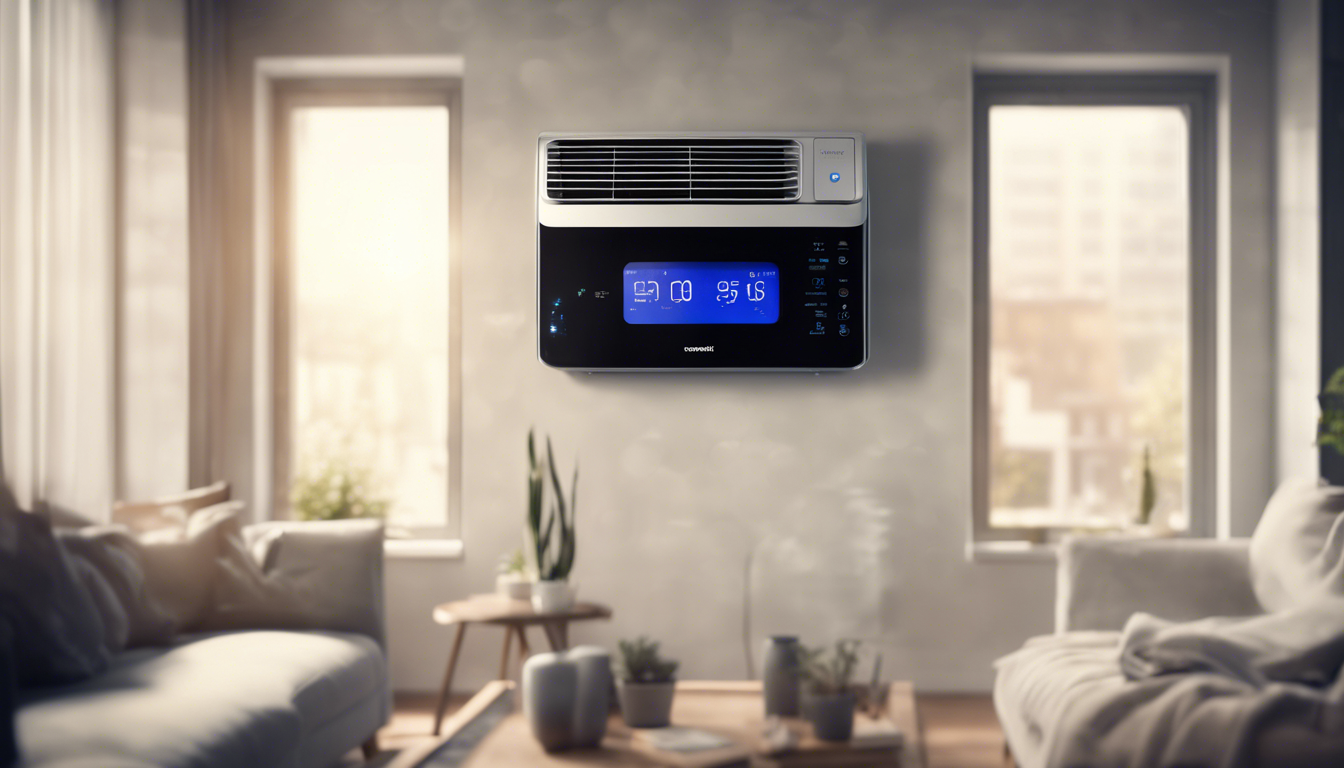As summer approaches, the surge in demand for air conditioners becomes a predictable trend, yet what’s fascinating is how the technology and market offers evolve each year. Across the globe, manufacturers are rolling out new and improved models that promise better energy efficiency, environmental friendliness, and smarter functionality.
Recent advancements in technology have led to the development of air conditioners that are not only more powerful but also integrate seamlessly with ‘smart home’ systems. These models, utilizing Internet of Things (IoT) technology, allow users to control their devices remotely, enhance energy efficiency, and significantly reduce operational costs.
Taking a look at the market distribution, the Asia-Pacific region has emerged as the largest market for air conditioners, driven primarily by rising temperatures and economic growth. Studies suggest that urban areas in India and China have seen a dramatic increase in air conditioner sales, correlating with rising middle-class incomes and urbanization.
In Western countries, the trends veer more towards energy-efficient and environmentally sustainable models. The European Union, for instance, has implemented rigorous standards that air conditioning units must meet to be sold. Such regulations have pushed manufacturers to innovate and thus have altered market trends significantly.
When discussing groundbreaking models slated for release, the focus shifts to units that utilize renewable energy sources, like solar-powered air conditioners. These models are not only eco-friendly but are also less expensive to operate in the long run, drawing the attention of environmentally-conscious consumers.
Price-wise, the competition among manufacturers leads to a variety of offers that benefit consumers. Seasonal sales and discounts often make higher-end models more accessible. Warranty offers, a crucial factor in the purchasing decision, have become increasingly generous, with many leading brands now offering up to 5 years of full coverage.
Expert opinions add interesting insights into the evolution of air conditioning technology. Dr. Helen Chu, a researcher in climate control technology, states that the next big revolution in the air conditioning market will likely be driven by AI, predicting a future where air conditioners optimize themselves based on real-time weather conditions and individual user preferences.
Surveys conducted by consumer insights firms reveal that the best value-for-money models currently on the market often come from brands that are not traditionally associated with air conditioning. These brands have disrupted the market by offering high-quality, durable, and efficient models at competitive prices, challenging established players.
Buyers today are also considering the lifetime operating costs of air conditioners, not just the purchase price. This trend has encouraged the production of more energy-efficient models, which, while slightly more expensive upfront, offer significant savings in long-term energy costs.
In summary, the air conditioning industry is at a crossroads of technology, consumer expectations, and environmental responsibility. With continuous innovations and responsive market strategies, consumers have access to a range of products that fit various needs and budgets while also contributing to global sustainability efforts.

